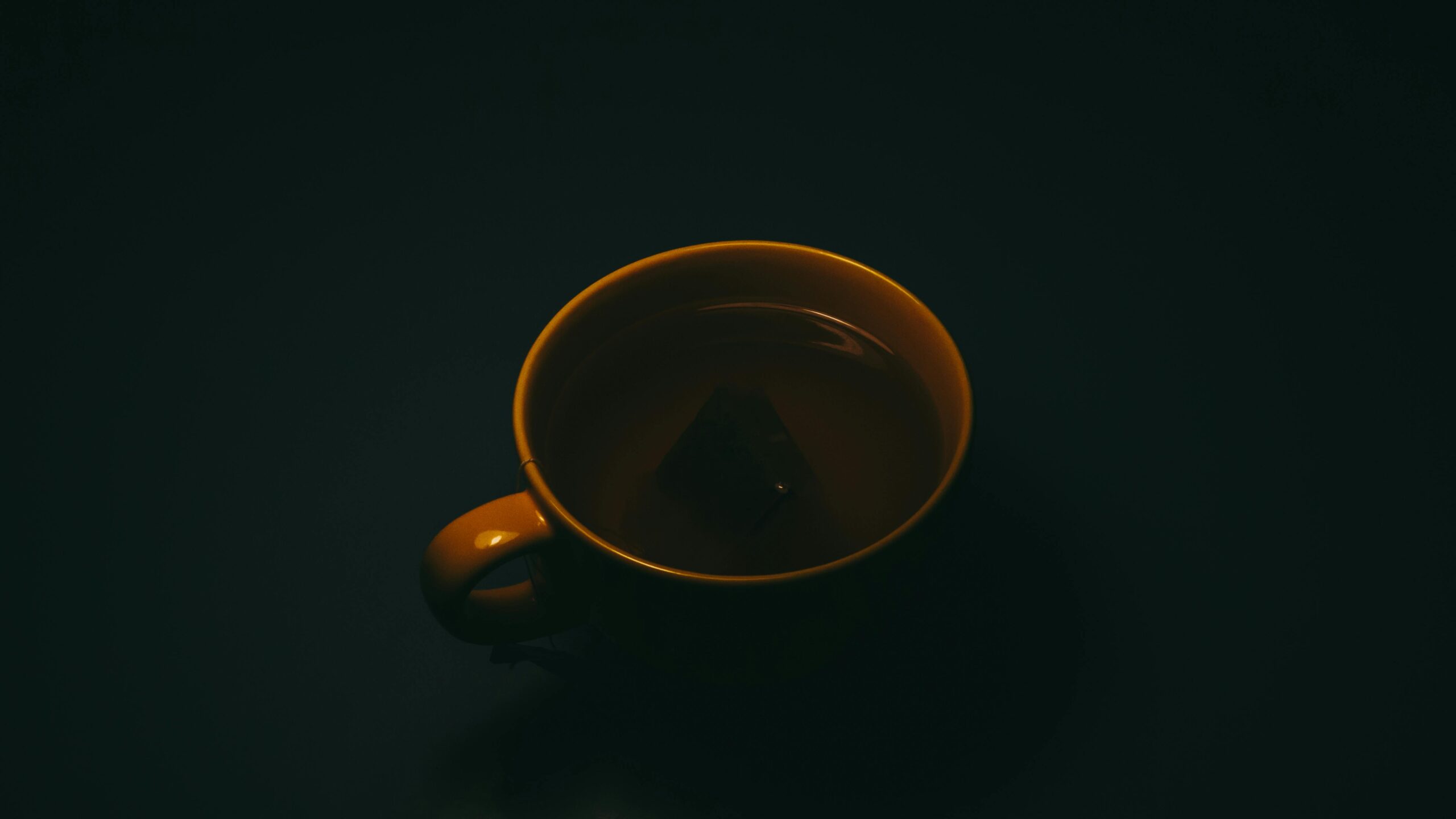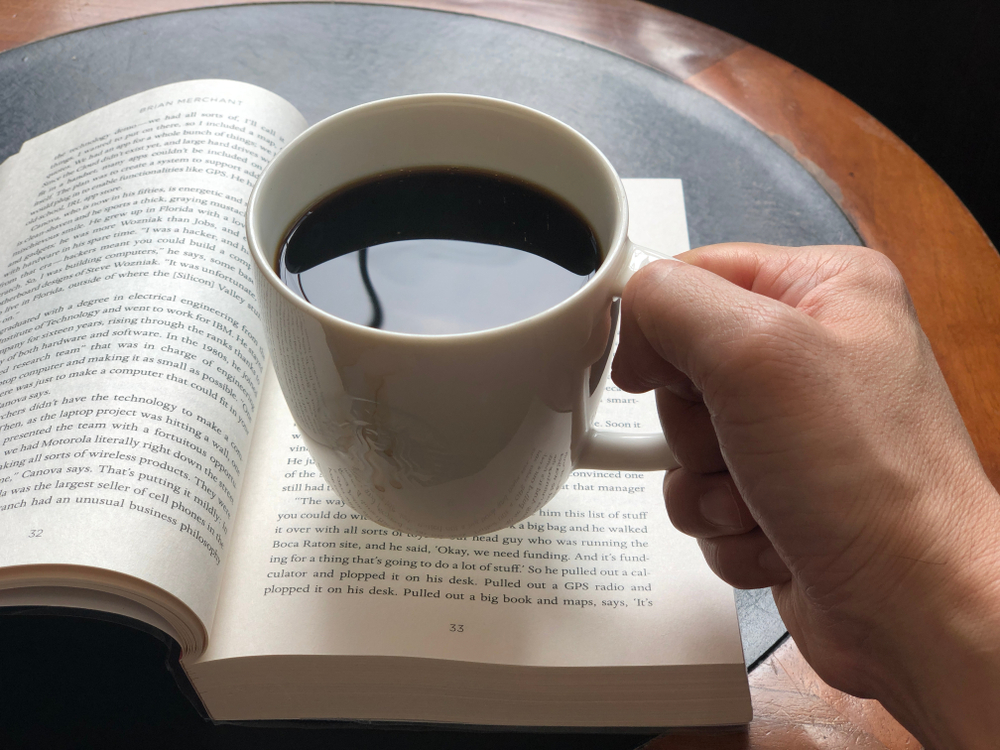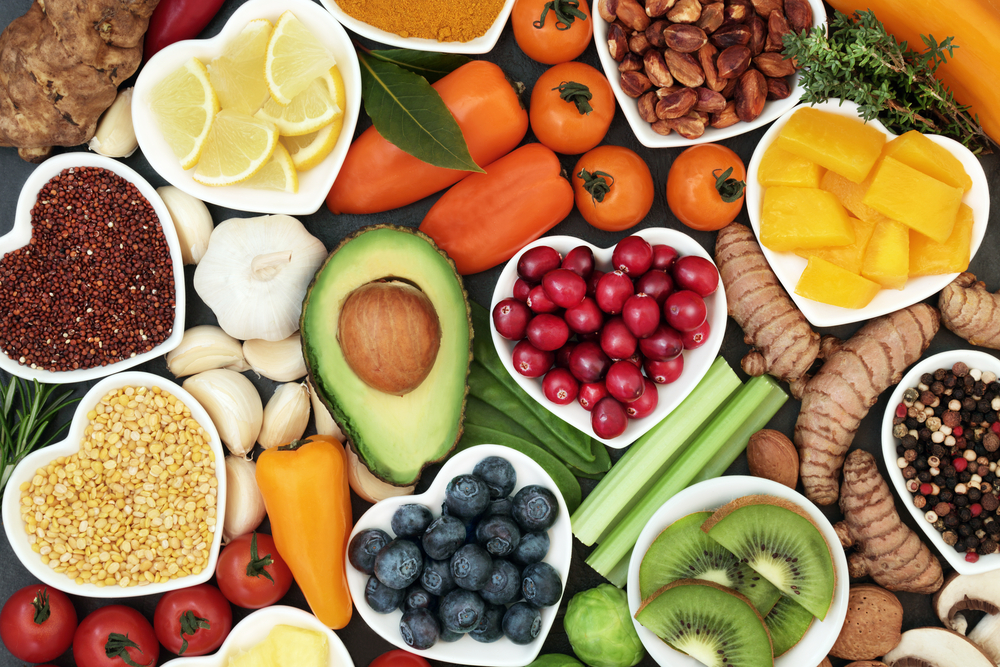
What does your morning cup say about you? For some, it’s just a jolt of energy, a way to shake off sleep and step into the day. For others, it’s a ritual, as sacred as meditation. Yet according to headlines that once spread like wildfire, if you take your coffee black, no sugar, no cream you might be hiding a darker side.
It’s a claim that sounds like it belongs in a crime thriller: psychopaths prefer black coffee. The idea is so strange, so oddly specific, that it was destined to capture our imagination. After all, coffee is universal, woven into cultures around the world. Linking something so ordinary to something so chilling makes us pause. Suddenly, that steaming mug in your hands feels like more than just caffeine it feels like a personality test.
But how much truth lies in that claim? Is it science, satire, or a little bit of both? And more importantly, what does our fascination with such studies reveal about how we judge ourselves and others?
The Science of Bitterness and Personality
Scientists have long been fascinated by the small signals in our everyday lives that might hint at deeper truths about who we are. One such signal our taste preferences has sparked a surprising line of research. At the center of it is bitterness, a flavor most of us are naturally wired to avoid, yet one that some embrace with gusto in foods like black coffee, dark chocolate, and tonic water.
In 2015, psychologists Christina Sagioglou and Tobias Greitemeyer at the University of Innsbruck put this to the test in a study that would soon make international headlines. Nearly 1,000 adults were asked to rate their enjoyment of foods across the four basic tastes: sweet, salty, sour, and bitter. The “bitter” category included items like black coffee, radishes, and tonic water. Participants then completed four detailed personality assessments measuring traits such as aggression, narcissism, Machiavellianism, psychopathy, and everyday sadism.

The findings were hard to ignore. Those with a stronger preference for bitter foods consistently scored higher on what psychologists call the Dark Triad of personality trait psychopathy, narcissism, and Machiavellianism as well as measures of sadism. Put simply, a taste for bitterness appeared to correlate with a darker personality profile. A follow-up study with a separate group of participants found the same pattern, reinforcing the initial results.
More recent research has expanded on this idea. A 2022 study by Shi and colleagues, published in the U.S. National Library of Medicine, looked specifically at eating behaviors in relation to the Dark Triad. It found that individuals with higher levels of secondary psychopathy a subtype marked by impulsivity and poor self-control were more prone to uncontrolled eating habits. This suggests that the link isn’t only about flavor preferences but could extend to broader eating behaviors and tendencies.
When Coffee Became Clickbait

The Innsbruck study was never meant to turn your cappuccino order into a psychiatric evaluation. Yet the moment its findings reached the public, nuance was left behind. Headlines blared across news outlets and social media feeds: “Black Coffee Drinkers Are Psychopaths” or “Science Says Your Morning Brew Reveals Your Dark Side.” It was the perfect recipe for viral content shocking, funny, and easy to share.
Why did the story spread so quickly? Part of the answer lies in our fascination with simple explanations. In a world where personalities are complex and mental health is nuanced, the idea that your character could be decoded from your drink order is irresistible. It turns an everyday ritual into a game: look around a café, spot the black-coffee drinker, and wonder are they secretly dangerous?
But psychologists were quick to push back. Megan Willis, a senior lecturer in psychology at Australian Catholic University, noted that the study found only a “weak positive relationship” between psychopathy and a general liking for bitter flavors not black coffee specifically. Steven Myers, a psychology professor at Roosevelt University, added that the results needed to be “interpreted with caution” and replicated before being taken seriously. Even the researchers themselves emphasized that their work showed correlation, not causation, and that the findings were still in early stages.
Unfortunately, those caveats rarely made the headlines. The complexity of psychological research was flattened into a meme. Black coffee became the villain, while sugary lattes were cast as signs of kindness and cooperativeness. What began as an intriguing academic finding morphed into a cultural punchline.
Why We Like Bitter Foods

Part of the explanation lies in our genes. Variations in taste receptor genes, such as TAS2R38, influence how intensely people perceive bitterness. Some individuals taste bitter compounds with overwhelming sharpness, while others experience them more mildly or even pleasantly. This genetic lottery explains why one person gags at broccoli while another relishes it, or why some sip black coffee with delight while others drown it in cream and sugar.
Culture adds another layer. Across the globe, bitterness is not only accepted but celebrated. Italians savor the strong bite of espresso and the complexity of bitter aperitifs like Campari. In East Asia, bitter melon is both food and medicine, valued for its cleansing properties. In West African traditions, kola nuts, with their strong bitter taste, hold cultural and ritual significance. Repeated exposure shapes our palates what first tastes harsh can, over time, become a flavor we come to crave.
Psychologists also point out a deeper psychological dimension. Lead researcher Christina Sagioglou compared the attraction to bitter tastes to riding a rollercoaster: the thrill comes from embracing discomfort. For some, the sting of bitterness is not a deterrent but part of the enjoyment a way to seek out intensity and stimulation. This might explain why bitterness resonates with those who enjoy horror films, extreme sports, or other experiences that push the senses.
Of course, many people drink black coffee for reasons far more practical. It’s lower in calories, delivers a stronger caffeine punch, and keeps the taste “pure.” For others, it’s a simple matter of habit or convenience. What’s clear is that bitterness cannot be reduced to a single meaning. It is biology, culture, psychology, and lifestyle intertwined an acquired taste that reflects both who we are and how we grow.
Do Food Choices Really Define Us?

The fascination with linking food to personality doesn’t stop at coffee. Over the years, researchers and writers alike have tried to map our cravings onto our character traits. Some studies suggest that people who enjoy spicy foods tend to be more sensation-seeking, while those with a sweet tooth are more likely to score higher on agreeableness traits like kindness, sympathy, and cooperativeness. It’s an appealing idea: that our dinner plate could double as a personality test.
One well-known attempt to explore this was conducted by clinical psychologist Dr. Ramani Durvasula. In her book You Are WHY You Eat, she surveyed 1,000 people about their coffee orders and looked for patterns. Black coffee drinkers, she reported, often described themselves as “old-school,” efficient, and straightforward, though they could also be more prone to rigidity or moodiness. Latte drinkers came across as helpful and open, sometimes even overextending themselves to please others. Meanwhile, iced or blended coffee fans tended to score higher on boldness and spontaneity, but also leaned toward impulsivity.
While entertaining, Durvasula herself admitted these associations were far from definitive. Coffee orders, she cautioned, don’t define us any more than our zodiac signs do. Still, such findings resonate because they offer a sense of order in a chaotic world. We love simple explanations tiny windows into identity hidden in ordinary habits.
This human tendency goes beyond food. From horoscopes to online quizzes, we are drawn to frameworks that claim to reveal who we “really are.” They give us quick labels to hold onto, a way to explain ourselves to others or make sense of people we don’t fully understand. But the danger comes when we confuse these entertaining insights with scientific truth. A preference for cappuccinos or chili peppers may reflect something about our upbringing, our environment, or our physiology, but it cannot capture the full depth of a personality.
Why Oversimplification Hurts

In psychology, psychopathy isn’t shorthand for “someone who acts cold” or “a person who’s a little harsh.” It’s a clinical construct, often used to describe individuals with a constellation of traits such as lack of empathy, manipulativeness, and antisocial behaviors. These traits exist on a spectrum, and only a small fraction of people meet the criteria for what professionals would consider psychopathy. Reducing it to a matter of whether you drink your coffee black not only misrepresents the science but also fuels stereotypes that can stigmatize people living with complex psychological conditions.
Experts like Megan Willis and Steven Myers have emphasized this point repeatedly: the Innsbruck study revealed a weak correlation between bitter taste preferences and certain personality traits, not a diagnostic tool. To leap from correlation to causation and from personality to pathology is not only scientifically inaccurate but also socially harmful. It spreads misinformation that blurs the line between genuine mental illness and everyday quirks.
This matters because language shapes perception. When “psychopath” is tossed around carelessly, it reinforces the idea that mental health disorders are punchlines rather than realities. It diminishes empathy and makes it harder for people to seek understanding or treatment. And at a time when mental health awareness is more important than ever, oversimplified narratives no matter how amusing can do more harm than good.
How to Drink Coffee Without the Labels

At the end of the day, coffee is just coffee. For some, it’s a black, unadulterated jolt of caffeine; for others, it’s a caramel latte piled high with foam and sugar. These choices say far less about morality or mental health than they do about habit, culture, or simple preference. To turn them into personality diagnoses is to miss the point and to rob us of the joy that comes with making a ritual uniquely our own.
What we can take seriously, though, is how we consume it. A plain cup of black coffee is nearly calorie-free, which is one reason some people prefer it. But once you add flavored syrups, whipped cream, or heavy creamers, the sugar and calories can skyrocket. Health experts recommend paying attention not only to how much caffeine you’re consuming but also to what’s going into your cup. Most agree that up to 400 milligrams of caffeine per day roughly four standard cups is safe for most adults. Beyond that, side effects like jitters, insomnia, or heightened anxiety become more likely.
Timing matters, too. Because caffeine lingers in the body for hours, an afternoon espresso might cost you a night’s sleep. Genetics also play a role some people metabolize caffeine more slowly than others, meaning even a single late-day cup can leave them restless. The key is listening to your body, experimenting with moderation, and adjusting when needed.
And if black coffee isn’t your thing? That doesn’t make you kinder, or less kind. It just means your taste buds lean another way. Life offers plenty of room for cinnamon-dusted cappuccinos, oat milk lattes, and yes, the unapologetic shot of straight espresso. What matters is not the judgment others attach to those choices, but the presence you bring when sharing them with yourself in a moment of quiet, or with friends across a table.
A Cup, A Mirror, A Choice
So, are black coffee drinkers really psychopaths? The science says no or at least, not in the way the headlines would have us believe. What researchers uncovered was a faint statistical link between a taste for bitterness and certain personality traits, not a diagnosis or a destiny. The media, however, spun that subtlety into spectacle, turning a cautious finding into a cultural meme.
But maybe that’s where the deeper lesson lies. Our obsession with reading character into coffee cups reflects a very human tendency: we want the world to be simple. We want quick answers, tidy categories, easy labels. Yet real people are never that straightforward. Personality is not poured into us like cream into coffee it’s complex, layered, and shaped by genes, environment, choices, and experience.
Bitterness itself is a fitting metaphor. In life, just as in taste, some recoil from it while others learn to embrace it. Some even savor it, finding in its sharpness a thrill, a challenge, or a reminder that not everything sweet is what nourishes us most. Perhaps what matters is not whether we enjoy bitterness, but how we carry it whether we let it harden us or teach us resilience.
So tomorrow morning, when you hold that cup in your hands whether it’s jet-black espresso or a caramel latte with extra foam remember this: the coffee doesn’t define you. What defines you is how you show up in the world once the cup is empty. Not what you drink, but how you live.
Loading...

